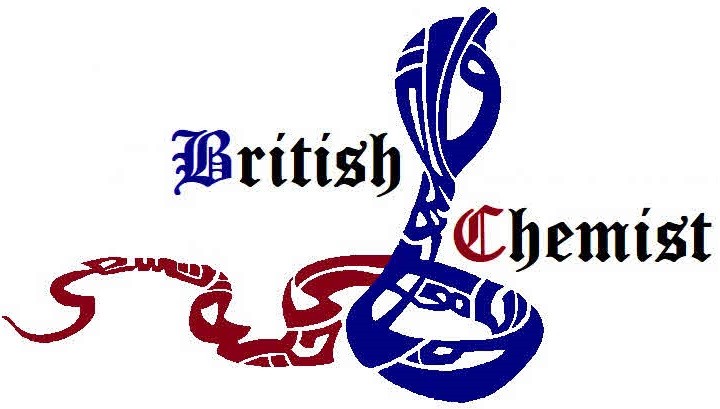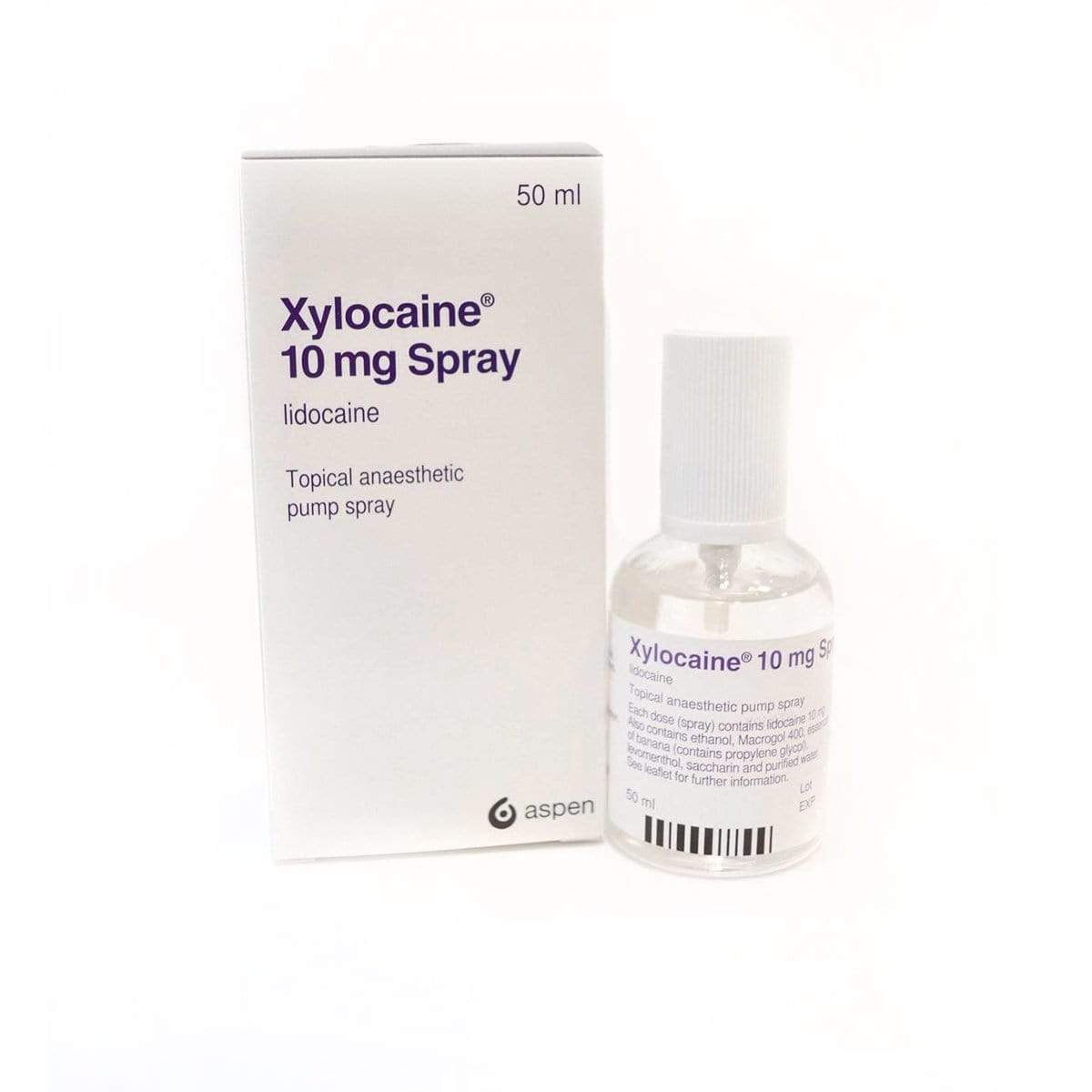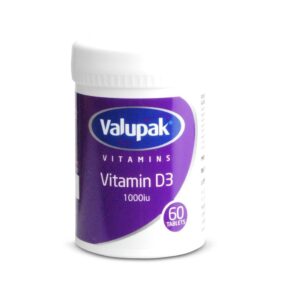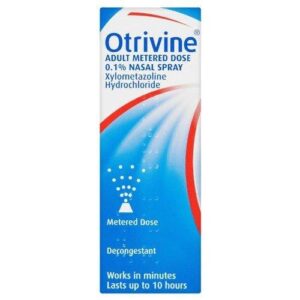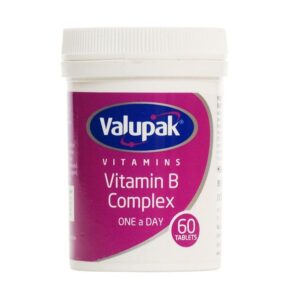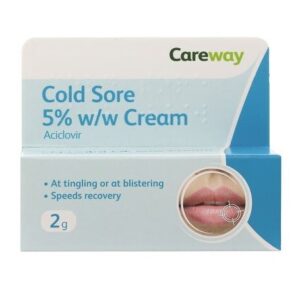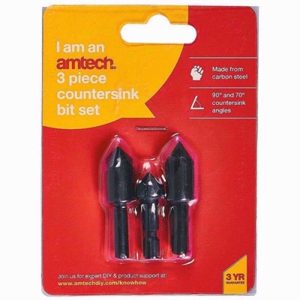Description
What isXylocaine Anaesthetic Spray?
Xylocaine 10mg Anaesthetic Spray is a topical, local anaesthetic that is designed to relieve discomfort, pain or reflex gagging. This product is non-sterile and therefore not recommended for use prior to procedures that require aseptic techniques. For the prevention of pain associated with the following procedures:
Otorhinolaryngology
Anaesthesia prior to minor non-invasive procedures in the nasal cavity, pharynx and epipharynx including rhinoscopy and laryngoscopy.
Obstetrics
As supplementary pain control for procedures not requiring aseptic technique. Insertion of instruments and catheters into the respiratory and digestive tract Provides surface anaesthesia for the oropharyngeal and tracheal areas to reduce reflex activity, attenuate haemodynamic response and to facilitate insertion of the catheter or the passage of instruments during endotracheal intubation, laryngoscopy, bronchoscopy, oesophagoscopy and gastroscopy.
Dental practice
Before minor dental procedures where local anaesthesia is desired
Is Xylocaine Anaesthetic Spray available over-the-counter?
Yes, you do not need a prescription to order this product. However, we will email you or call you to ask you a few questions. This is so our pharmacists can ensure this product is suited to your needs.
Uses / Instructions
Xylocaine 10mg Anaesthetic Spray – Always use Xylocaine Spray exactly as your doctor or dentist has told you. You should check with them if you are not sure.
- Do not use more than 20 sprays.
- You should use as few sprays as possible.
- The effects should start to take effect in 1-5 minutes
- Do not get the spray in your eyes.
- Xylocaine Spray should be used with care in the elderly, in people who are in poor general health and in children
Warnings
Xylocaine 10mg Anaesthetic Spray – You must not use Xylocaine Spray if:
- You are allergic (hypersensitive) to lidocaine or any of the other ingredients of Xylocaine Spray
- You are allergic to any other local anaesthetics of the same class (such as prilocaine or bupivacaine)
Check with your doctor or dentist before having Xylocaine Spray if:
- You have any cuts, sores or ulcers in your throat, mouth or nose.
- You have a chest infection.
- You have epilepsy.
- You have heart problems such as a slow heart beat.
- You have very low blood pressure.
- You have liver or kidney problems.
- You have ever been told that you have a rare disease of the blood pigment called ‘porphyria’ or anyone in your family has it.
If you are not sure if any of the above apply to you, talk to your doctor before having Xylocaine Spray.
Side Effects
Like all medicines, this medicine can cause side effects although not everybody gets them.
Severe allergic reactions (rare, may affect up to 1 in 1,000 people):
If you have a severe allergic reaction, tell your doctor immediately. The signs may include sudden onset of:
• Swelling of your face, lips, tongue or throat. This may make it difficult to swallow.
• Severe or sudden swelling of your hands, feet and ankles.
• Difficulty breathing.
• Severe itching of the skin (with raised lumps).
Other possible side effects:
• Irritation where Xylocaine Spray has been used.
• Feeling nervous.
• Feeling dizzy.
• Feeling sleepy.
• Loss of consciousness.
• Sore throat.
• Hoarse voice or loss of voice.
• Low blood pressure. This might make you feel dizzy or light-headed.
• Fits (seizures).
• Difficulty breathing or slow breathing.
• Slow heart beat.
• Stopped breathing or a stopped heart beat.
Ingredients
The active ingredient is lidocaine.
Each dose of spray contains 10 mg of lidocaine.
The other ingredients are:
ethanol, levomenthol, macrogol 400, essence of banana (contains propylene glycol), saccharin and purified wate
